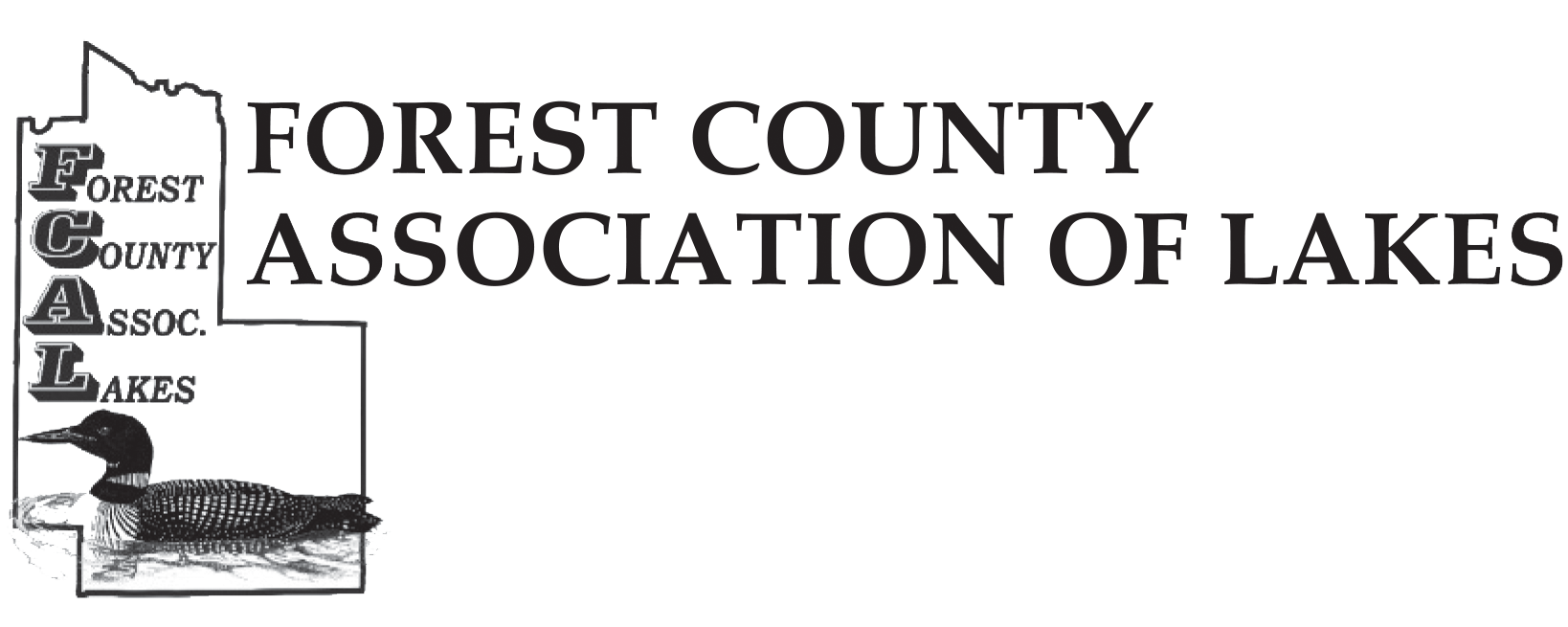Did you know Pollinators are responsible for helping aid in over 80% of the world’s flowering plants reproduce, along with wind and water? Without pollinators, animals and humans would not have much food at all, or beautiful flowers to enjoy.
Pollinators are animals that move pollen from the male structures (anthers) of a flower to the female structure (stigma) of the same plant species. Pollinators include species of ants, bats, bees, beetles, birds, butterflies, moths, and wasps. In Wisconsin, our common pollinators include the Rusty Patched Bumble Bee, Monarch and Karner Blue butterflies and the Silphium Borer Moth. Most of our pollinators are state and federally protected species.
Pollinators have been facing catastrophic threats such as habitat loss, fragmentation, and degradation. In Wisconsin, these losses threaten our wildflowers, ecosystems, our many natural areas, and of course, our crops. As landowners our help is needed by these pollinators more than ever. More than 85% of Wisconsin’s landscape are under private ownership. Planting native plants in our woodlands and openings creates habitat, feeds insects and helps our pollinators.
You can review Native Plants for Beginners for a list of species in Wisconsin to grow throughout the year. You can also chose to be specific in planting for Monarchs and Birds in Wisconsin. To find a local Native Plant Nurseries, click here. https://dnr.wi.gov/files/pdf/pubs/er/er0698.pdf
Landowners can apply for The Seed A Legacy Pollinator Habitat Program through the Bee & Butterfly Habitat Fund, which works with private and public landowners and managers to establish high-quality pollinator habitat to improve the health of honey bees, Monarch Butterflies and other pollinators in a 12-state region throughout the Midwest. The Spring Deadline has passed, but you can apply for a Fall 2020 project.
Conservation Corner
Conservation Corner is a weekly article produced by the Forest County Land &Water Conservation Department. For more information contact Steve Kircher, County Conservationist-Land Information/GIS Director at 715-478-1387 or by e-mail at .
